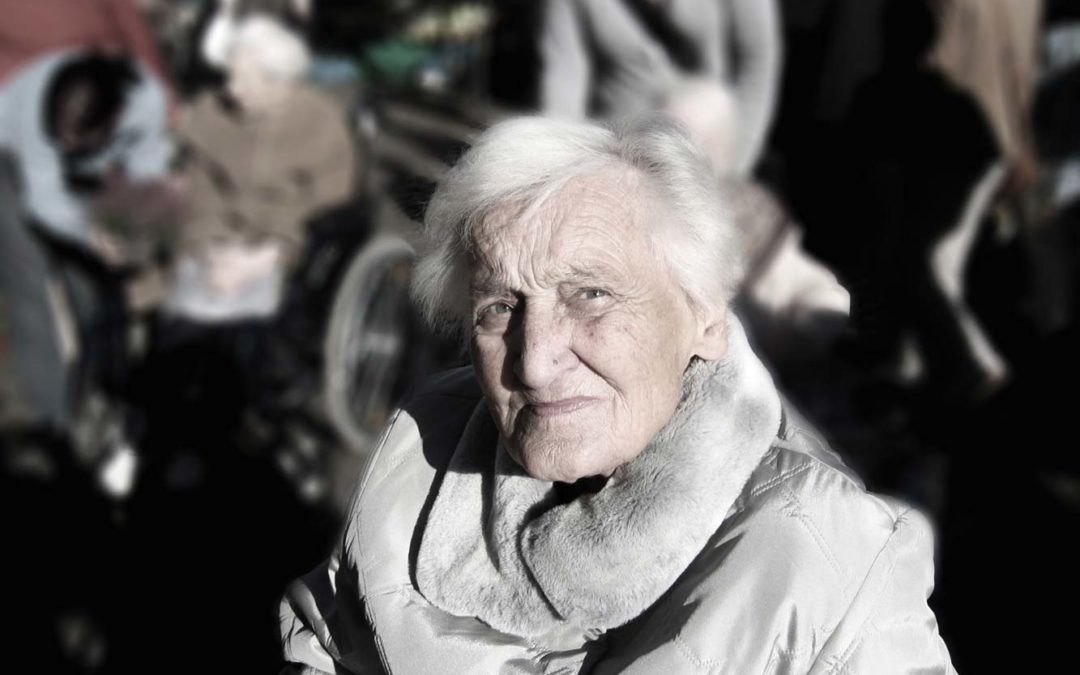Every individual happens to experience the symptoms of Alzheimer’s disease differently. The symptoms classified in stages below, however, provide a general idea of how the senses of an individual with Alzheimer’s are likely to get impaired with time.
STAGE 1:
During this stage, a person is still yet capable of functioning in an almost normal manner without any signs of impairment. He/she happens to show exhibit no memory problems or changes in behavior. Diagnosing the first stage is perhaps the hardest since the individual shows no evidence of the symptoms at this point.
STAGE 2:
In this stage, the individual undergoes a very mild decline of cognition. In this stage, the individual himself/herself is likely to experience memory lapses. However, the diagnosis would still be difficult as friends, coworkers, and family members may not notice anything odd.
STAGE 3:
In this stage, the individual undergoes a mild cognitive decline. At this point, Alzheimer’s disease becomes diagnosable (though this is still not true for all individuals).
Common symptoms include:
- Difficulty in choosing the right words
- Noticeable difficulty in performing simple tasks
- Forgetting things way too often
- Losing/misplacing valuable belongings
- The trouble with planning/organizing things
STAGE 4:
In this stage, an individual experiences a moderate level of cognitive impairment. Common symptoms of this stage include the following:
- Forgetting recent memorable events
- Difficulty in problem-solving and basic challenging arithmetic problems (for example counting from 100 to 49 backward)
- Difficulty in performing daily life complex tasks
- Forgetting personal history
- Becoming withdrawn
STAGE 5:
In this stage, an individual experiences a moderately severe cognitive impairment. Common symptoms include:
- Problems in recalling their address
- Problems in naming the college that they attended
- Confusion about their location and the day
- Problems with less challenging arithmetic problems such as counting backward from 20 to 8
- Difficulty in choosing appropriate clothes for an occasion or a season
STAGE 6:
In this stage, a person experiences a severe cognitive impairment. During this stage, the memory continues to get weaker, the individual becomes more dependent on their caretaker and exhibits noticeable personality changes. The symptoms of this stage may include:
- A loss of awareness of the events just recently experienced
- Difficulty in choosing words or constructing meaningful sentences
- Difficulty in understanding instructions
- Difficulty in remembering their origins while retaining some information such as their name
- Difficulty in remembering the names of the loved ones while still being able to differentiate faces
- Difficulty in dressing up properly, and making errors such as putting on the shoes/slippers on opposite feet. This will require assistance.
- Problems with the sleep pattern
- Problems with control of bladder/bowels
- The difficulty with toileting which may require assistance
- Wandering and getting lost often.
STAGE 7:
In this stage, the individual exhibits a severe level of cognitive impairment. In this stage, the individual loses whatever ability to interact with the environment that he/she had left. As a result of this, the patient is practically unable to engage in a conversation. Ultimately, the ability of controlling movement also gets hindered.
In this stage, the individual requires around the clock help for the entirety of their daily tasks which also include toileting and eating. In addition to that, many individuals also become unable to smile and exhibit impairment in swallowing, with abnormal reflexes.

